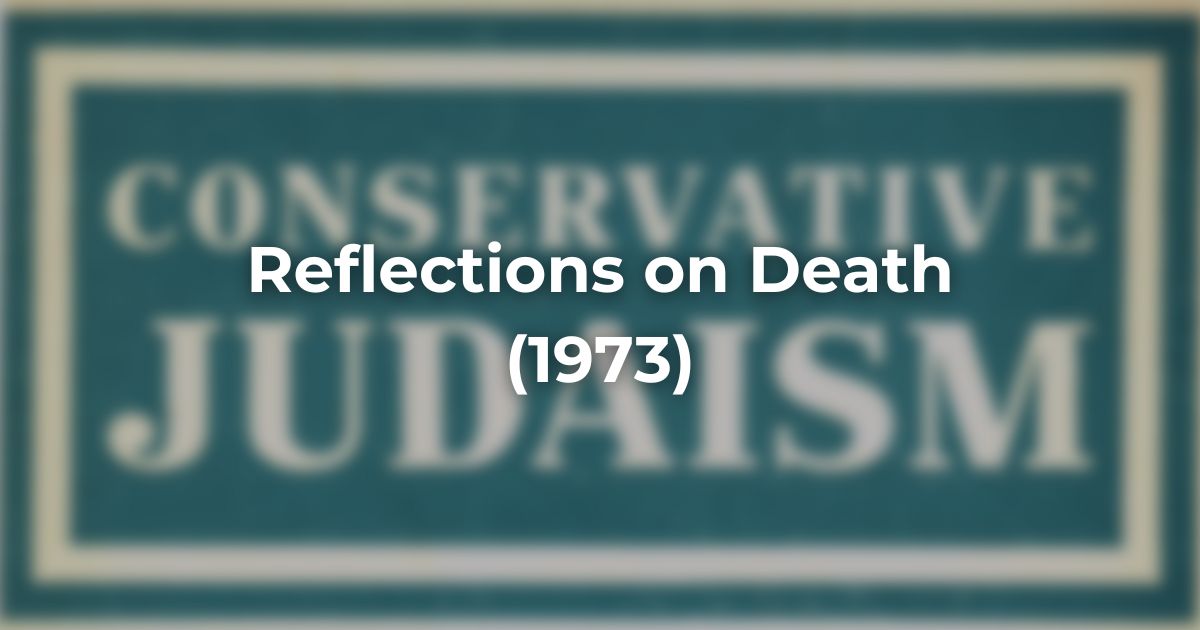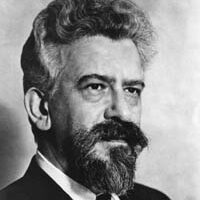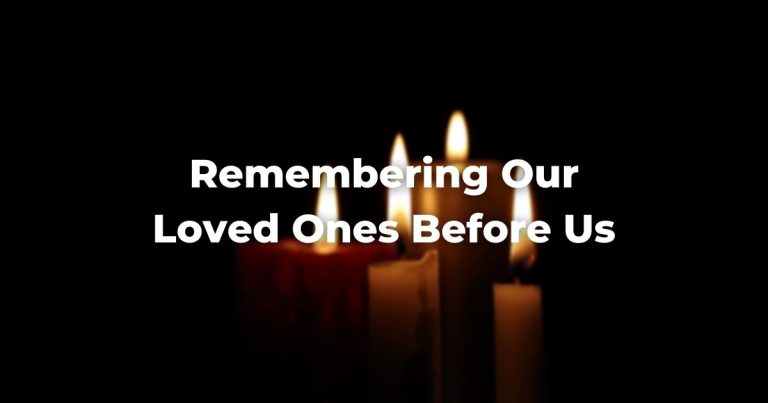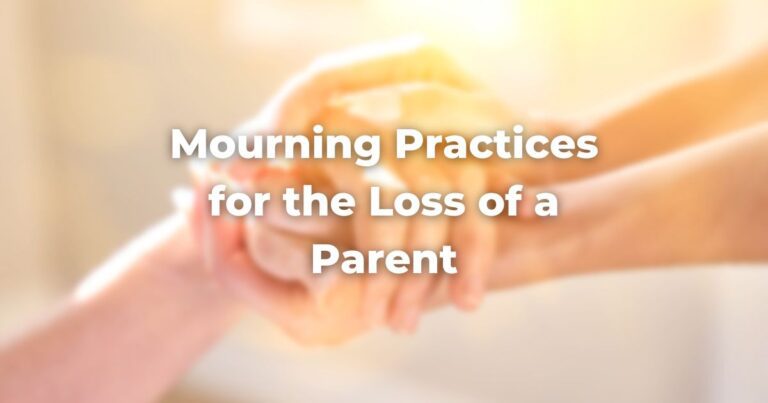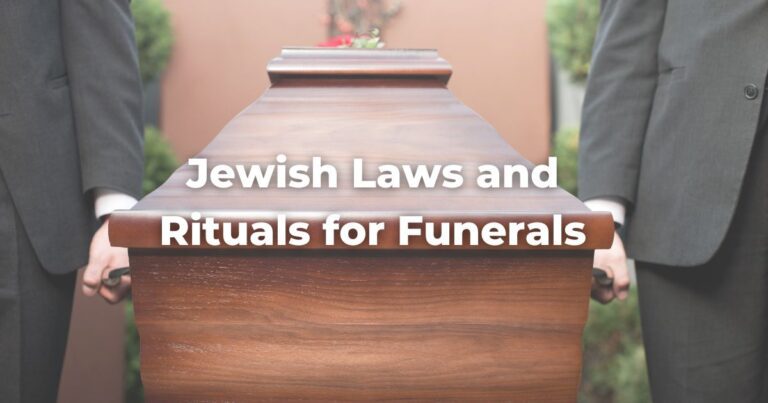This piece is part of Exploring Judaism’s 5785 High Holiday Reader. Download the whole reader here.
Published in the Journal “Conservative Judaism” volume 28:1, 1973.
Excerpts selected by Exploring Judaism.
…In spite of the excellence which the afterlife holds in store for the righteous, there is no craving for death in the history of Jewish piety. While it is true that the condition of the life beyond is eternity, it was maintained that the quality of living here and now has an excellence not given in the afterlife: freedom, serving Him in freedom. It is greater to struggle on earth than to be an angel in heaven. Earthly life, mortal life, is precisely the arena where the covenant between God and man must be fulfilled.
The love of life calls for resistance to death, resistance to the last, unconditionally.
Life here is where partnership abides between God and man. With death, man surrenders his freedom, and only God’s will is done. The soul is receptive, there is no room for freedom.
Life here and now is the task. Every moment can be an achievement.
The body is not a prison, but an opportunity. Still for all its glory, life here and now is regarded as a vestibule, as preparation. Yet no one looks forward with pleasure to life after death.
Just because the afterlife is a completion, life here and now is an opportunity and it was considered a loss to leave the realm of here and now because once the threshold is crossed the opportunity is gone.
Life is revealing of the divine, while death is concealing. To be alive is to be in the midst of the people, and we must resist being taken away from the midst of the people. But once the moment of parting comes, a benediction is uttered: “Blessed be Thou, our God, King of the universe, the true Judge. Amen.”
We must distinguish between being human and human being. We are born human beings. What we must acquire is being human. Being human is the essential—the decisive achievement of a human being.
Human being finds its end in organic dissolution. But being human is not an organic substance, it is an action and a radiance of the personhood of man. The unity, the sum-total of moments of personhood, is a presence that goes on in terms surpassing mere existence.
The organic process is of ambiguous significance in regard to the formation of being human. On the one hand, the organic process may compel the person to struggle for realization, but it is not always promoting it. Organic living is certainly not the total form of living.
The meaning of existence is in the sanctification of time, in lending eternity to the moments. Being human is a quest for the lasting…
Copyright Sylvia Heschel, 1973, used in Conservative Judaism with permission.


